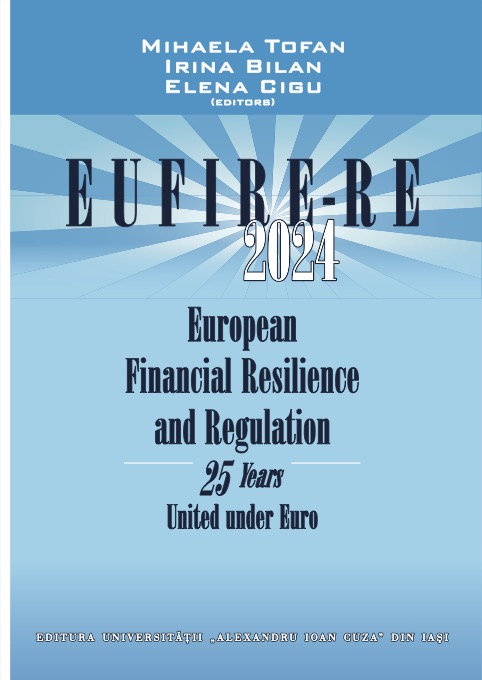QUALITATIVE ANALYSIS OF THE RELATIONSHIP BETWEEN MATHEMATICAL THINKING AND COMPUTATIONAL THINKING FROM THE PERSPECTIVE OF SOFTWARE ENGINEERING LECTURERS AND STUDENTS
QUALITATIVE ANALYSIS OF THE RELATIONSHIP BETWEEN MATHEMATICAL THINKING AND COMPUTATIONAL THINKING FROM THE PERSPECTIVE OF SOFTWARE ENGINEERING LECTURERS AND STUDENTS
Author(s): ELENA KRAMER
Subject(s): ICT Information and Communications Technologies
Published by: Editura Universităţii »Alexandru Ioan Cuza« din Iaşi
Keywords: mathematical thinking; computational thinking; undergraduate students; education skills; metalanguage
Summary/Abstract: In education, computational thinking—which is characterized as a style of thinking applicable to various professions needing problem-solving abilities—has grown in popularity. Future specialists must be prepared for the sophisticated thinking skills required to solve social and business challenges, necessitating a combination of mathematical thinking and computational thinking. Since the field of computer science was derived from mathematics, the connection between these two fields is obvious. Moreover, there is a correlation between ability in specific mathematical and computational fields; the question is which precise fields are correlated?To derive a more precise hypothesis about the relationship among abilities in specific mathematical and computational fields, we adopted a novel approach – examining the relationship among local metalanguages of various fields in mathematics and computer science. The hypothesis of this research posits that if any mathematical and computational fields have similar metalanguages, then a correlation exists between ability in these fields. This information can aid in formulating content that is less comprehensible to students into a more accessible format.In the first research stage, data mining techniques were employed. As a result, we identified clusters of similar fields in mathematics and computer science, based on similarity between metalanguages. Upon formulating the hypothesis, we verify it using both quantitative and qualitative research involving students’ participation. This paper presents the results of qualitative content analysis of interviews with software engineering students and lecturers.
- Page Range: 179-189
- Page Count: 11
- Publication Year: 2024
- Language: English
- Content File-PDF

